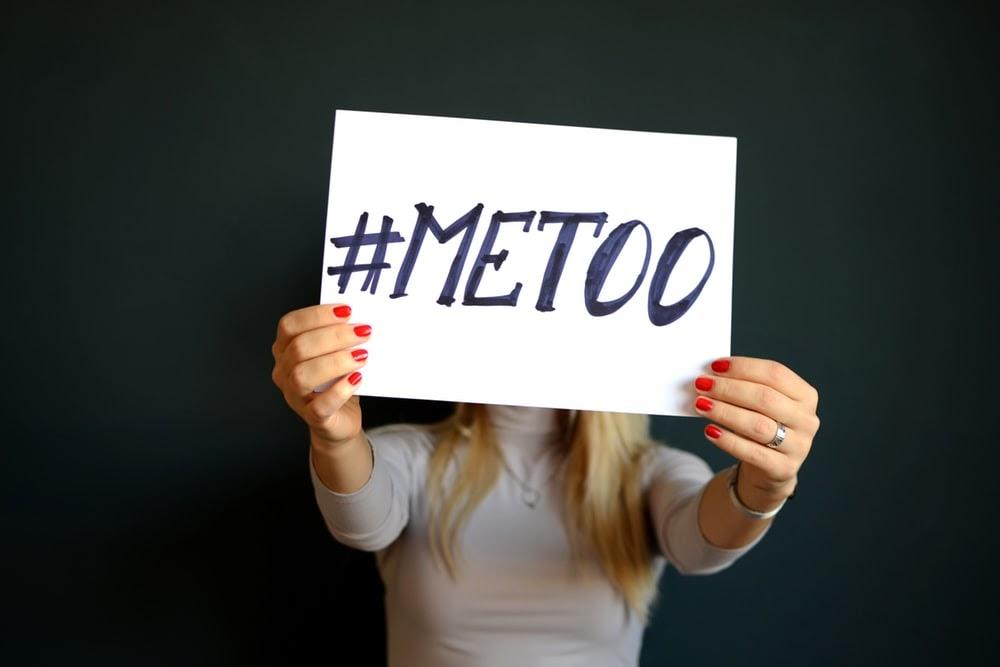
The recent conviction of the former producer Harvey Weinstein has caught the attention of people across the world in the past two weeks and more. The producer of Project Runway, Scream, Django, Kill Bill and many more was convicted of rape in the third degree on February 24, 2020; this development has caused a flurry of conversation, excitement and debate throughout the #MeToo movement all around the world. On Wednesday, March 11, Weinstein was sentenced to 23 years in prison with his final statement ending in, “I really feel the remorse of this situation, I feel it deeply in my heart. I feel emotional, I feel like to go and talk to you guys, you know, just really, really caring and really trying and really trying to be a better person.”
Harvey Weinstein is the first high profile, powerful man to be removed from power and convicted of sexual assault since the #MeToo movement gained publicity in April of 2017. This holds a huge weight for several people, and signifies a step forward in the movement that wasn’t necessarily there before. Anne Meadows, Franklin English teacher and advocate of the #MeToo movement said, “What I hope this means is that women are empowered and not afraid to speak up because I think that often when these powerful men get away with this horrendous behavior it can be extremely disempowering. I think that the fact that one of these men was actually convicted proves that you just can’t get away with stuff like that.”
But Weinstein’s lawyers see things differently. Donna Rotunno, Weinstein’s leading lawyer stated, “Harvey is very strong. Harvey is unbelievably strong. He took it like a man. He knows that we will continue to fight for him and knows that this is not over.” Harvey Weinstein and his lawyers continue to claim that he is not guilty, and Weinstein’s last words before being escorted out of the courtroom and into jail were, “But I’m innocent.” Repeated three times in a row.
Meadows says, “I have no doubt in my head that this guy is guilty, but I think we also have to keep a clear head [and remember] that people can be accused falsely, and just sheer volume does not equal guilt.” In the past few years, a new question has become especially prevalent: How do we prove sexual assault when it is so difficult to find evidence for? Harvey Weinstein had over 100 women come forward claiming sexual misconduct, but in the end, he was only proven guilty for assaulting two women. This does not mean that they were the only women with this experience, it just means that they are the only two women who could come forward, and had valid evidence in the eyes of the law. “I think it’s important to strike a balance between protecting people who are accused falsely, and making sure that people feel safe and protected,” stated Meadows.
Innocent or not, he was found guilty and now symbolizes the first major power to be declared accusable in the eyes of the law because of the #MeToo movement. The collaborative #MeToo movement blog released a statement on February 24 that said, “This case reminds us that sexual violence thrives on unchecked power and privilege. The implications reverberate far beyond Hollywood and into the daily lives of all of us in the rest of the world.” Although the voices of the movement celebrate this case as a victory, they remind readers that, “Whether you are an office worker, a nanny, an assistant, a cook, [or] a factory worker— we all have to deal with the spectre of sexual violence derailing our lives. And, though today a man has been found guilty, we have to wonder whether anyone will care about the rest of us tomorrow. This is why we say ‘me too.’”
Weinstein currently sits in prison, while the world breaks into wild debate and grim victory around him. His conviction signifies a progression in the #MeToo movement, and proves that these actions come with a consequence, no matter how powerful the perpetrator may be. Shannon Doyle (10), a self-proclaimed feminist and advocate of the #MeToo movement, says, “This conviction, although still not enough to make a huge difference, is a step in the direction of actual progress. It allows for people to have hope that someday there will be more.”

































